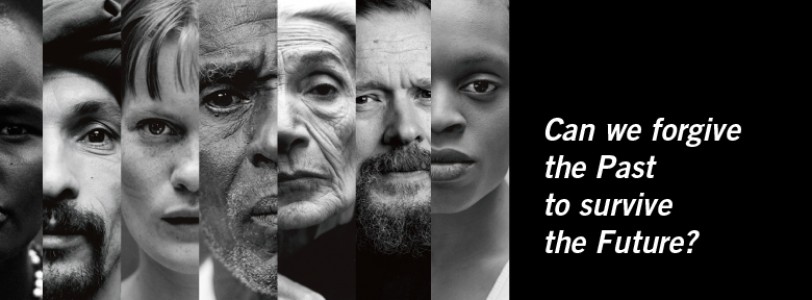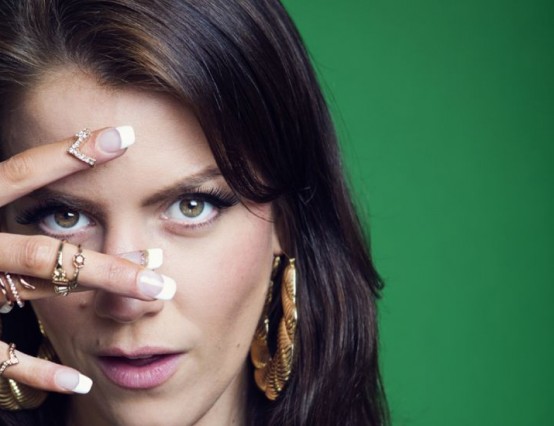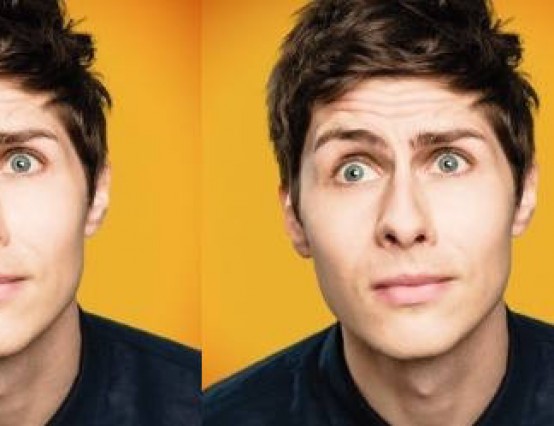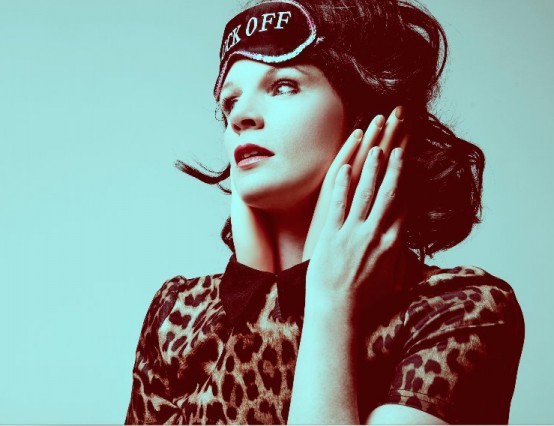What happens at Global Arts Corps?
Global Arts Corps brings together performing artists from opposite sides of countries' cultural, religious and racial divides to create original theatre productions that encourage dialogue and create a space for people to hear the stories of those they were raised to fear, disdain and hate. The stage becomes a laboratory for conflict reconciliation.
When was it started, and what was the initial drive in setting it up?
The Global Arts Corps' prototype production, Truth in Translation, told the story of the South African Truth and Reconciliation Commission through the eyes of the Commission's young interpreters. The project was started in 2001 with the intent to bring the story of the South African Truth and Reconciliation Commission back to the United States. Artistic Director Michael Lessac believed that the idea behind the TRC—that a divided nation could, for one moment in time, decide to listen to the truths of its history rather than continue a cycle of violence and revenge—was something that called out to be shared with the rest of the world, particularly with the US. Created out of the actual translators' stories; the diverse South African actors' memories, experiences, and opinions on the TRC (both positive and negative); and testimony from the Commission, Truth in Translation posed the question Nelson Mandela asked of his country, "Can we forgive the past to survive the future?"
As the production traveled around the globe, to 11 countries on 3 continents, we realized that this story out of South Africa had relevance in countries that were both stable as well as emerging from recent conflict. Audiences discovered personal mirrors on the stage and expressed the desire to create their own projects and share their own stories, using humor and music. It is this reaction that inspired the creation of the Global Arts Corps.
How has the organisation developed since the beginning?
Since the conclusion of Truth in Translation's final tour in 2008, Global Arts Corps has developed productions with actors from republican and loyalist backgrounds in the North of Ireland and with the performers of the Phare Ponleu Selpak—second and third generation survivors of a genocide—in Cambodia. The Northern Irish production, Hold your tongue, Hold your dead is scheduled to tour to cities in the US that remain divided by histories of racial and ethnic violence and segregation in 2016-2017. And the Cambodian production, Rebound, will be completed and ready to tour in 2016.
In April 2014, we released our first feature length documentary, A Snake Gives Birth to a Snake, which was compiled from over 200 hours of footage we took while touring Truth in Translation. The documentary is a glimpse into the lives and minds of a group of South African performers who shared and listened; facilitated and responded to the heartbreaking real-life personal stories of the human casualties of global conflict. As South Africans representing various facets of South African society, they were forced to look at whether they themselves had even successfully "reconciled" their own individual pasts, and realized just how complex and challenging it is to engage with the multifaceted concept of forgiveness.
In which ways can theatre settle conflict?
Global Arts Corps acts on the belief that the theatre is a privileged space to give voice and pay witness. We believe that theatre may serve as a catalyst for dialogue and empathy.
We believe in theatre because listening is the actor's most important skill. In rehearsal, nothing can be swept under the rug, nothing can be denied, and everything must be on the table. The actors do not need to agree, but each must be able to rehearse something he or she does not believe; each must be willing to adopt an identity and explore it before accepting or denying it.
Our productions are intended as sites of contact. Each work is conceived as an independent local production that once given life will radiate out across the confines of borders. We link theatre makers, survivors, and spectators from often starkly different social settings, in a shared project to disturb denial, to deny despair, and to raise the prospects of mutual understanding.
What has been the most surprising outcome from your projects?
As we rehearse, we find ourselves reconciling many truths because we have to adjust our masks for the sake of finding a joke or a dramatic moment.
It is difficult to say what is the most surprising outcome, as we are continually surprised. But a couple of years ago we were showing the film we were editing as a work in progress at the Prizren, Kosovo film festival and a director from the Balkans told us that after we had played there live a number of new theatre groups had started as a result of our work….those groups wanted to work in a similar way….telling multiple truths and using music and humor to tell some of these difficult truths.
What is the biggest challenge in producing this work?
Funding is perhaps our largest challenge in trying to produce this work... But both the rehearsal room as well as the stage itself is equally as challenging because we create our plays to disturb denial. We make them to create mirrors for audiences, for one culture rising out of violence to share their need for healing...or their fear of it. We create them so victims and perpetrators alike can share their fear of dropping their masks, and perhaps even explore why they can't give up the idea of vengeance and revenge. This can be really terrifying as you might imagine. Reconciliation is a fragile thing.
What advice would you give to any young people looking to get involved?
You need to take up the challenge of seeing yourself as the other side sees you. See yourself through your enemy's eyes. This is what happens rather easily on the stage. Do theatre with music and humor no matter how tragic the story circumstances. We should all, as theatre artists, embrace the idea that theatre can be so much more than entertainment and that through the arts…through the recognition and understanding and presentation of many points of view…we can begin to affect the way people see each other. We would give the advice: Do not brush the past under the table so you can move on. Dig it out from under the rug and explore it…explore it with previous enemies. Deal with it in depth and create a stories that you and your enemies can create together. Then take these stories and share with others from other conflict zones. Become mirrors for each other. Know that if you drop your mask…you will not die.
http://globalartscorps.org/home/









0 Comments